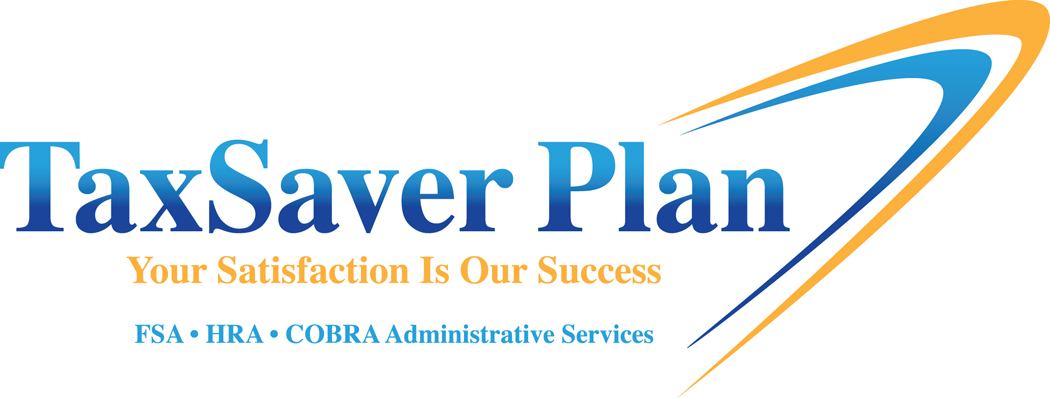
YOUR HEALTH
Flexible Spending Accounts
Flexible Spending Accounts (FSAs) allow you to set aside a portion of your salary, before taxes, to pay for qualified medical or dependent care expenses. Contributions are made through payroll deductions with pre‑tax dollars. When you contribute pre‑tax dollars, you decrease your taxable income and thereby, increase your take‑home pay. However, you should keep in mind there are “use it or lose it” rules imposed by the IRS; therefore, it is important for you to carefully consider the amount of money you elect to contribute to an FSA account.
Powell offers two types of Flexible Spending Accounts, both administered by TaxSaver Plan:
Health Flexible Spending Accounts
A Health Flexible Spending Account (HFSA) allows you to set aside pre‑tax dollars from your paycheck to pay for eligible healthcare expenses not covered by insurance. Participants can use this money to pay for deductibles, copays, prescriptions and other eligible expenses as determined by the IRS. Click here for a complete list of eligible expenses, or visit www.irs.gov and search for Publication 502.
If you choose to enroll in the HFSA, you will receive a debit card fully loaded with your annual election amount to use towards eligible expenses. For your convenience, the HFSA program has a debit card substantiation (receipts/documentation) feature where Powell medical, dental and vision carriers send eligible insurance claim information to TaxSaver Plan in order for them to automatically substantiate debit card transactions that require documentation; however, you may still be required to submit receipts in order to substantiate your claim. For claims that TaxSaver Plan is unable to auto-substantiate, you will be required to submit supporting documents. For all claims incurred between January 1 to December 31, you will have until March 31th of the following year to submit the required documentation. If the appropriate documentation is not received and approved by the deadline date, the amount outstanding will be considered taxable income and added to your taxable earnings. Below are HFSA guidelines you should be aware of:
- Minimum annual contribution is $100
- 2025 Maximum annual contribution is $3,200
- 2025 Carryover up to $660 of unused funds when you re-enroll in 2026
- Any unused dollars above $660 will be forfeited back to the plan
- Claims that remain unsubstantiated after the plan year closes will be considered taxable earnings in the following year
- If you are currently enrolled or plan to enroll in the Premier or Basic CDHP medical plans and you also enroll in the HFSA, you will have one debit card loaded with both amounts
- Use of the debit card will automatically exhaust your HFSA funds before your HRA funds. Remember, you can roll over unused HRA funds, but are limited on the amount of HFSA funds that can be rolled over
Dependent Care Flexible Spending Accounts
A Dependent Care Flexible Spending Account (DFSA) allows you to set aside pre-tax dollars from your paycheck to pay for eligible dependent care expenses, such as day care costs. Examples of eligible dependents include a dependent under the age of 13 or a dependent that is physically or mentally incapable of self-care, or an elderly parent that lives with you and relies on you for at least 50% of their support. A dependent is defined as a qualifying person for whom you can claim a tax exemption. To qualify, you and your spouse must be employed, looking for work, or a full-time student. Unlike the Health FSA, the money must be in your dependent care account before you can be reimbursed. Click here for a complete list of guidelines and eligible expenses. Below are DFSA guidelines you should be aware of:
- Minimum annual contribution is $100
- Maximum annual contribution is $5,000
- Under the DFSA, eligible dependent care expenses must be incurred from January 1 to December 31 of the calendar year
Resources

www.taxsaverplan.com
800-328-4337